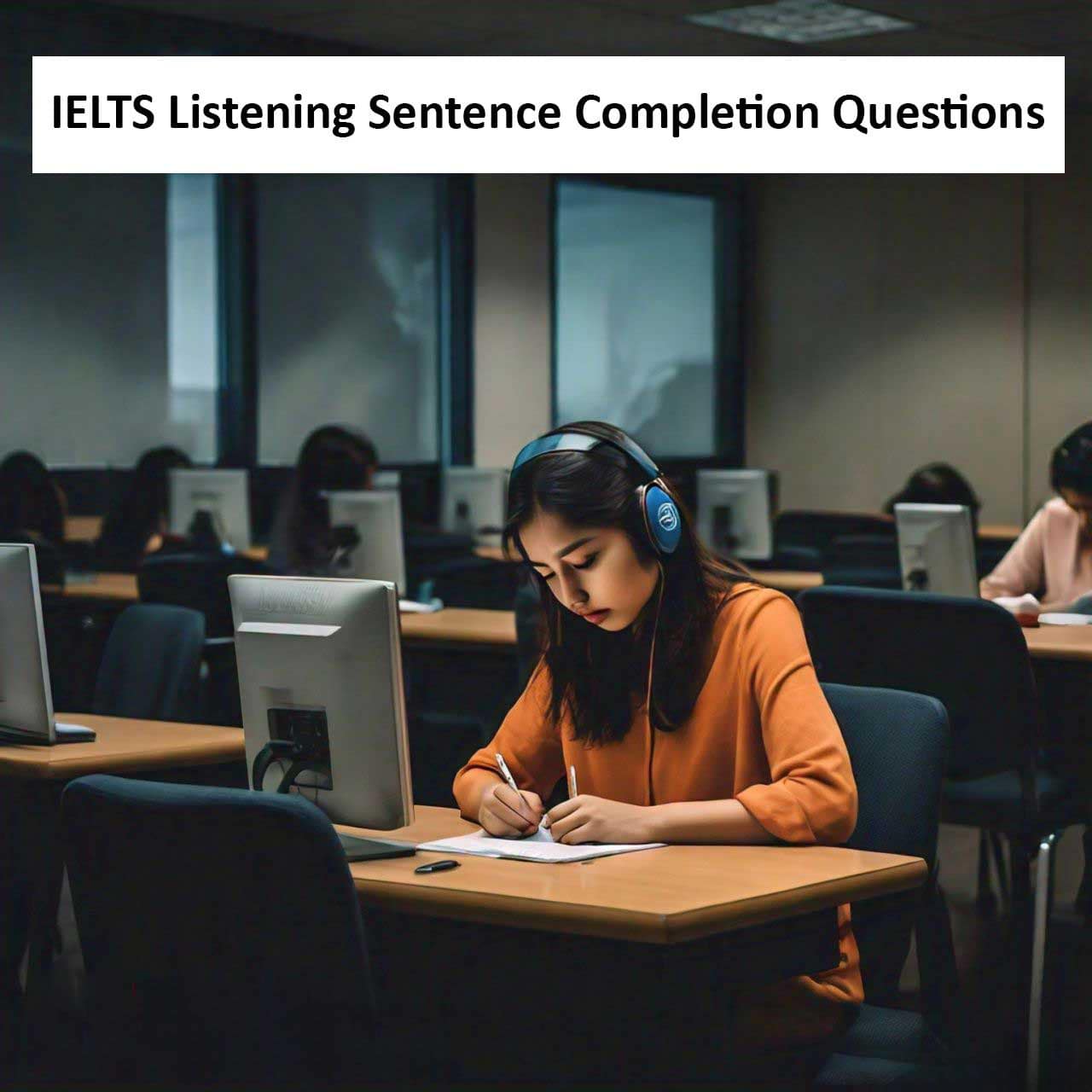Introduction
Managing time effectively in the IELTS Listening test can be a daunting challenge, especially for first-time test-takers. The test moves quickly, with just 30 minutes to complete four sections and answer 40 questions. Time management isn’t just important—it’s essential to your success.
In this guide, we’ll explore 7 practical strategies for managing time during the IELTS Listening test. From preparing effectively to staying focused, these tips will help you optimize your performance and boost your confidence.
Table of Contents
1. Understand the IELTS Listening Test Format
Before you can manage your time effectively, it’s essential to understand the IELTS Listening test format. The test includes:
- Four sections: Conversations and monologues in academic and everyday contexts.
- 40 questions: Spanning multiple-choice, sentence completion, and matching tasks.
- 30 minutes: To listen to recordings and write down answers.
- 10 additional minutes: To transfer answers to the answer sheet.
Actionable Tip:
Spend time reviewing official IELTS Listening practice tests to familiarize yourself with the test’s pace and structure. Visit the IELTS official website for sample materials.
2. Practice Active Listening
Active listening is critical to staying focused and capturing the correct answers in real time. Unlike passive listening, active listening requires you to anticipate information and process it as you hear it.
Example:
If the speaker mentions “an appointment at 3 PM,” you might anticipate hearing a discussion about timing, rescheduling, or location details.
Actionable Tip:
Train your ears by listening to English podcasts, news, and audiobooks. Try platforms like BBC Learning English.
3. Skim Questions During the Preparation Time
Each section begins with a brief pause, giving you time to skim the questions. Use this time wisely to:
- Identify keywords.
- Predict the type of information required (e.g., a date, name, or number).
- Prepare mentally for the recording’s content.
Actionable Tip:
Underline or highlight keywords in the questions that can act as anchors during the recording.
4. Focus on the Speaker’s Cues
IELTS Listening recordings often include natural speech patterns like pauses, emphasis, and synonyms to test your ability to follow conversations. Speakers may rephrase or emphasize certain details, signaling the correct answer.
Example:
If the speaker says, “We’ll meet on Thursday… actually, let’s make that Friday,” the correct answer is “Friday.”
Actionable Tip:
Pay close attention to signal words like “however,” “but,” or “actually,” as they often indicate changes or corrections.
5. Don’t Get Stuck on a Single Question
It’s easy to panic if you miss an answer, but dwelling on one question can cost you valuable time. The test moves forward, so should you.
Actionable Tip:
If you miss an answer, make an educated guess and focus on the next question. Keep moving forward to maximize your score.
6. Use the 10 Minutes Wisely
At the end of the test, you’ll have 10 minutes to transfer your answers to the answer sheet. This is your opportunity to:
- Double-check your answers for accuracy.
- Ensure correct spelling and grammar.
- Fill in any gaps you may have skipped.
Actionable Tip:
Leave yourself brief notes during the listening phase to jog your memory when transferring answers.
7. Practice Under Exam Conditions
Simulating real exam conditions is one of the best ways to prepare for the IELTS Listening test. Practicing under timed conditions helps you get accustomed to the pressure and improves your ability to manage time.
Example:
Take a full-length IELTS Listening practice test, timing each section exactly as in the actual exam. Analyze your performance afterward to identify areas for improvement.
Actionable Tip:
Try online IELTS practice platforms like IELTS Liz for free resources and mock tests.
Common Mistakes to Avoid
- Ignoring Instructions: Each section may have specific instructions, such as “use no more than two words.”
- Overwriting Answers: Stick to the required word count.
- Poor Time Allocation: Spend too much time on one section, neglecting others.
Actionable Tip:
Develop a checklist to remind yourself of these pitfalls during practice sessions.
Conclusion
Managing time effectively during the IELTS Listening test is a skill that can be developed with practice and the right strategies. By understanding the test format, practicing active listening, and simulating real exam conditions, you can maximize your score and feel confident on test day.
Start incorporating these strategies into your preparation today and watch your performance soar. For more tips and practice resources, visit IELTS.org or IELTS Liz.
Good luck with your IELTS Listening test preparation!



